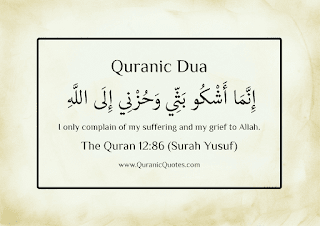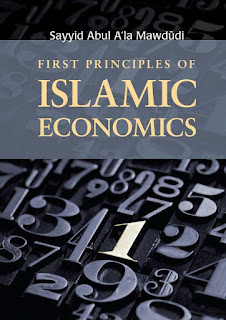Loneliness & Despair

Often this silent epidemic of loneliness, isolation and depression will be raised as the growing concern that it is and specialists from a number of areas will offer their perspective on the matter. The neurologist will study brain chemical activity insisting that serotonin and dopamine activities are irregular and this is the issue that needs to be addressed. The capitalist will focus on the loss of labour potential and the long term economic impact. The technology experts will blame this on the widespread constant usage of tablets and smartphones, that have essentially stifled real life social interactions, in exchange for a cyber-social world that isn’t able to address the real longing for human interactions. “When the culture and the communities that once connected us to one another disappear, we can be left feeling abandoned and cut off from society” [1] However, in a world full of specialists offering different perspectives, the elephant in the room is often gi...




